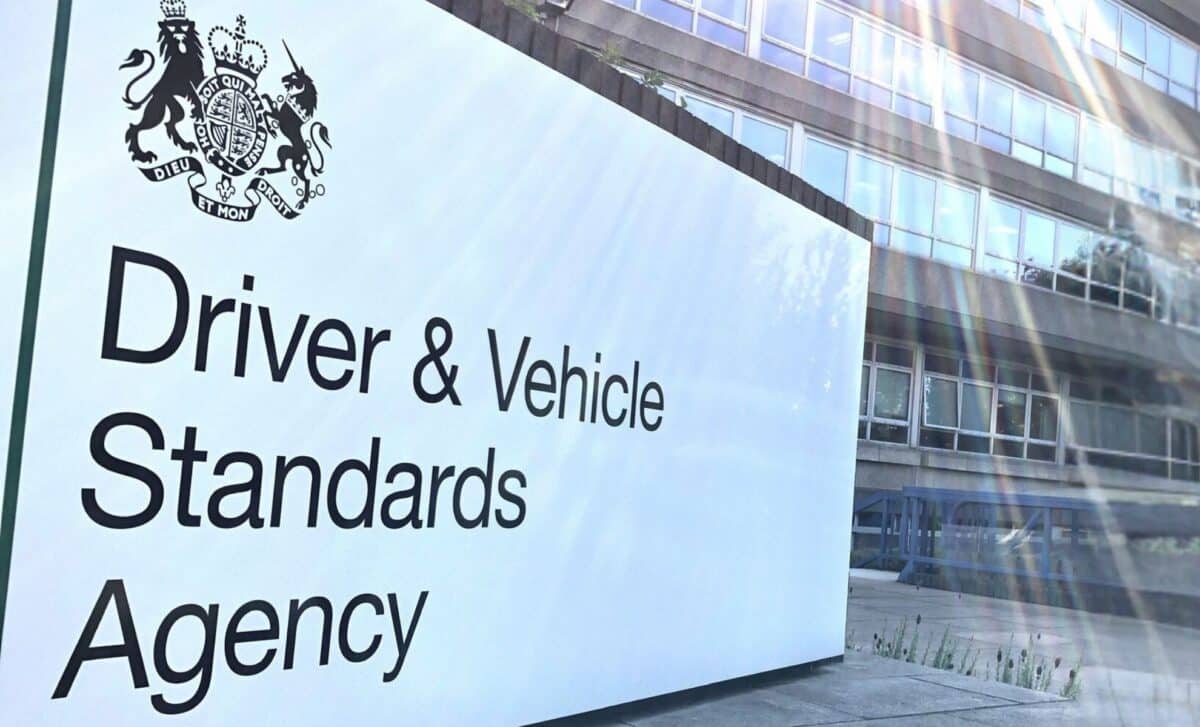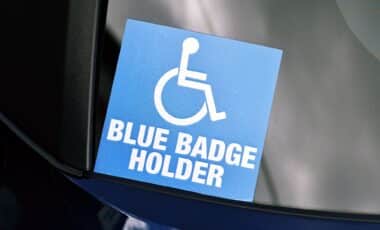The UK’s driving test system is on the verge of its most significant reform in decades. Learner drivers across the country have been facing crippling delays, with average waiting times for practical tests stretching to 21 weeks—just shy of five months—and in some areas, exceeding six months. For many, this isn’t merely an inconvenience but a barrier to achieving life goals, from gaining independence to starting careers in professions that require driving.
In response to this mounting crisis, the Driver and Vehicle Standards Agency (DVSA) has announced a series of reforms aimed at reducing the backlog, improving accessibility, and curbing exploitative practices in the booking system. These changes, set to take effect in 2025, form part of a seven-step plan to make the driving test process more efficient and learner-friendly. But with demand for driving tests at record levels, can these reforms truly deliver the transformative change the system desperately needs?
A Mounting Crisis: The Driving Test Backlog
Learner drivers in the UK are currently grappling with a system under immense pressure. Between April 2023 and March 2024, the number of driving tests conducted soared to an all-time high of 1.9 million, reflecting unprecedented demand. Yet, the infrastructure and resources of the DVSA have struggled to keep pace, leading to delays that affect learners across the country.
For many, these delays are more than a frustration. The inability to obtain a driving licence can have serious consequences, particularly for individuals pursuing careers that require driving. During a parliamentary debate, Labour MP Kevin McKenna shared the story of a constituent whose daughter, eager to join the police force, was forced to wait months for a test and eventually had to travel 150 miles to Birmingham for an appointment.
This widespread disruption has not gone unnoticed. Lilian Greenwood, minister for the future of roads, underscored the human impact of the crisis:
“Passing your driving test is a life-changing opportunity for millions – but sky-high waiting times for tests in recent years have denied that opportunity to too many people.
“No one should have to wait six months when they’re ready to pass, travel to the other side of the country to take a driving test or be ripped off by unscrupulous websites just because they can’t afford to wait.”
What Changes Are Being Proposed?
To tackle these issues, the DVSA has announced a comprehensive package of reforms, including:
- Extending the cancellation and rescheduling window: Learners will have up to 10 working days (an increase from the current three) to amend or cancel their test without losing their fee.
- Recruiting 450 additional examiners: This measure aims to significantly boost test availability across the country, reducing bottlenecks.
- Revamping the booking system: New safeguards will be introduced to prevent third-party websites from hoarding and reselling test slots at inflated prices.
- Streamlining the system for instructors: Driving instructors will benefit from improved tools to manage bookings for their students, freeing up more test slots and making the process more efficient.
These steps are designed not only to address the immediate backlog but also to create a more transparent and accessible system for future learners.
Combating Exploitation in the System
One of the most significant issues facing learners has been the rise of third-party booking platforms. These websites often block large numbers of test slots and resell them at a premium, exploiting the desperation of learners eager to secure an appointment. The reforms aim to close this loophole, ensuring that test slots remain accessible and affordable.
Speaking about the scale of the challenge, Lilian Greenwood added:
“The scale of the backlog we have inherited is huge, but today’s measures are a crucial step to tackle the long driving test wait times, protect learner drivers from being exploited, and support more people to hit the road.”
The Broader Implications of the Crisis
For young people, obtaining a driving licence represents independence, mobility, and access to a broader range of job opportunities. Yet, the current delays have left many feeling stuck. The situation is particularly acute for those in rural areas, where public transport options are limited, and driving is often essential for daily life.
Furthermore, the economic implications of the backlog are significant. Employers in sectors ranging from healthcare to logistics have reported difficulties filling roles that require driving qualifications. The addition of 450 new examiners is expected to alleviate some of these pressures, not only benefiting learners but also contributing to economic recovery in affected industries.









